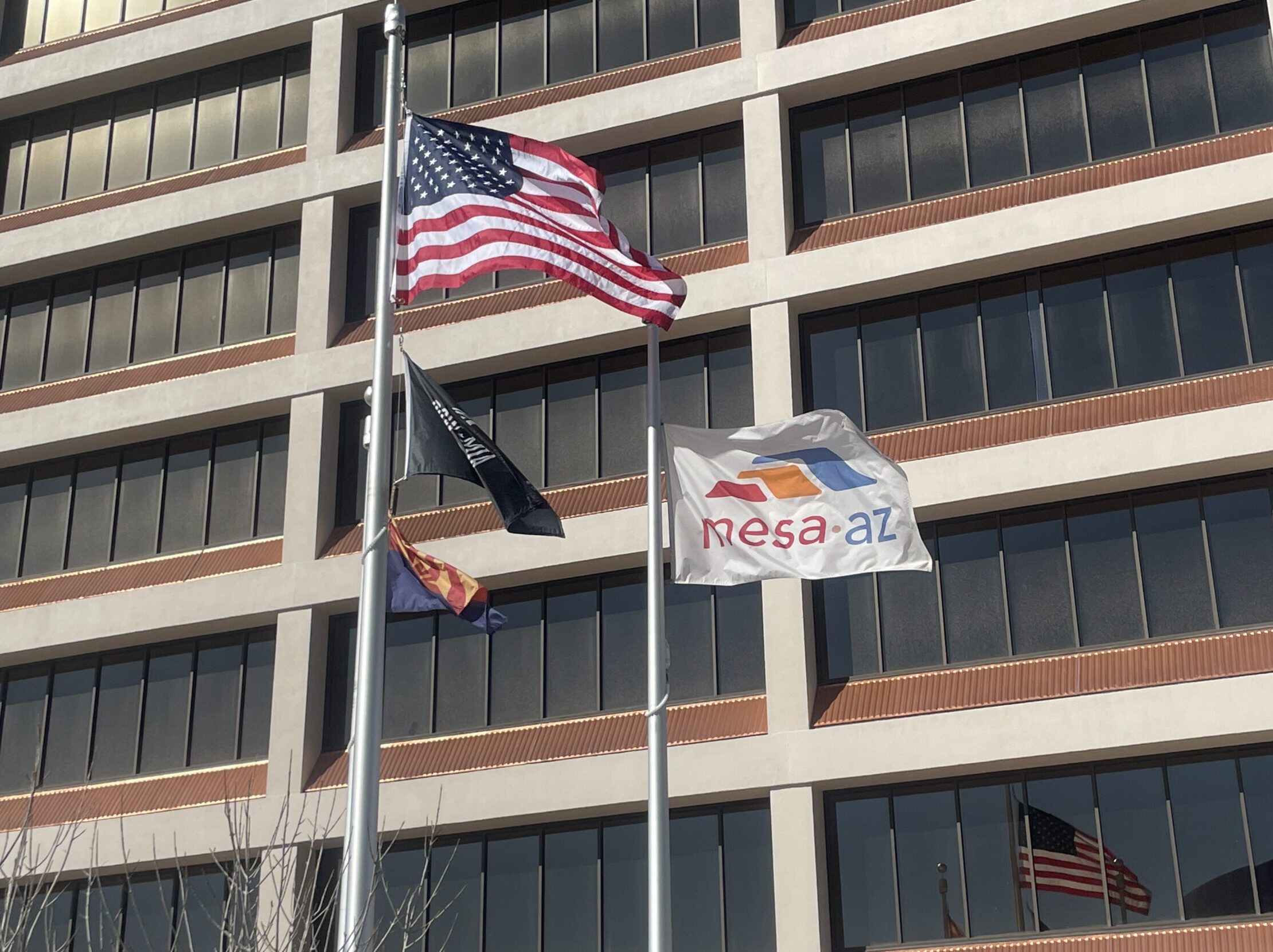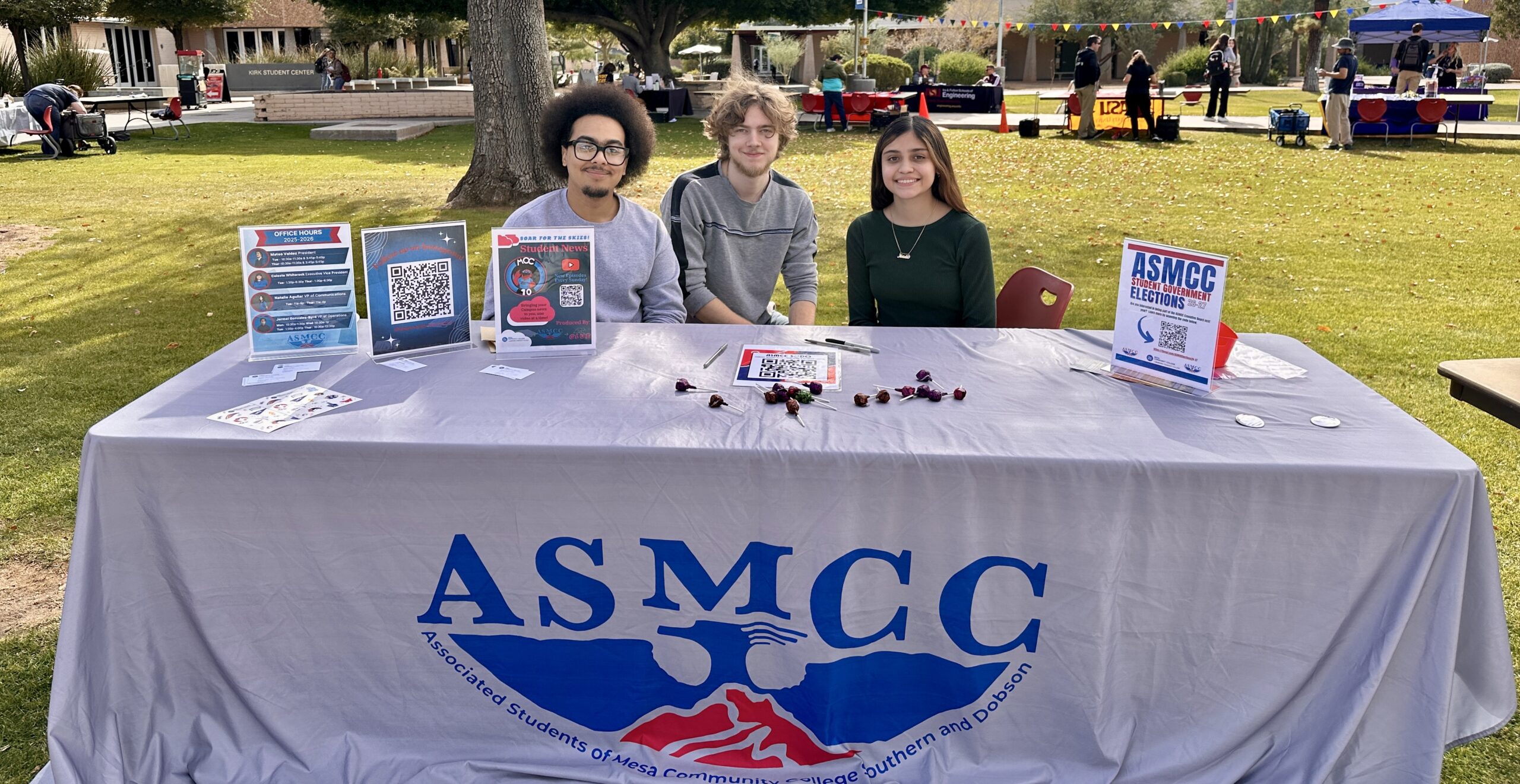How to respond to a seizure
When it comes to campus safety, understanding proper first aid technique is an important first step each student can take to help make things a little more secure for themselves and the community. One often misunderstood medical emergency is the seizure.
The Epilepsy Foundation describes a seizure as, “A sudden surge of electrical activity in the brain.” This surge of electrical energy causes cells to either excite or stop other brain cells from sending messages to other parts of the body. These sudden changes can have a variety of effects on the individual, and can range from impaired motor function or speech, to uncontrolled full body contortion.
How do you respond if someone around you is having a seizure? One common misconception is that you should place something in their mouths to prevent them from biting their tongue. This is NOT the proper way to handle someone around you suffering from an episode. So what should you do? First, stay calm, and stick to the do’s and don’ts listen printed here.
DO NOT:
Stick anything inside the mouth of the individual,
Attempt to restrain or hold the individual,
Give water, pills, or food to the individual unless they are fully alert and awake.
DO:
First, call for help from campus police. Emergency lines are accessible from a single button on all campus phones.
Turn the individual sideways to prevent their airway from being obstructed..
Clear away any dangerous objects that the individual could hurt themselves with.
Time the duration of the seizure and how long it takes the individual to recover.
Stay with the individual until the seizure is over.
Keep calm. Most seizures only last a few minutes
Help protect the individual’s dignity by dismissing onlookers
Call 911*
*Most people live with seizures as a chronic condition, and do not require emergency medical help while seizing. However, seizures CAN be life threatening. Therefore you should call 911 if the seizure fits at least one of these criteria:
If the seizure lasts longer than five minutes
If multiple seizures occur before the individual regains consciousness
If the individual appears to have difficulty breathing or is choking
The seizure occurs in water
Injury may have occurred
If the individual requests medical help
By understanding these basic response procedures you could help somebody stay safe and sane after an unfortunate medical episode. Consider programing College Police in your phone for easy access to help (480-784-0911). School dispatch is trained to alert campus personnel and other local municipalities in the event of an emergency. Take the time today to do something that could save someone’s life tomorrow.









